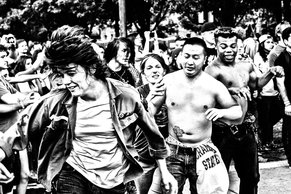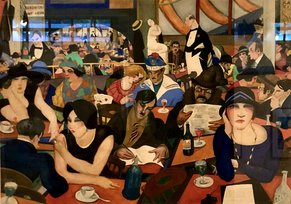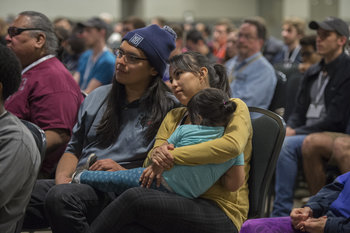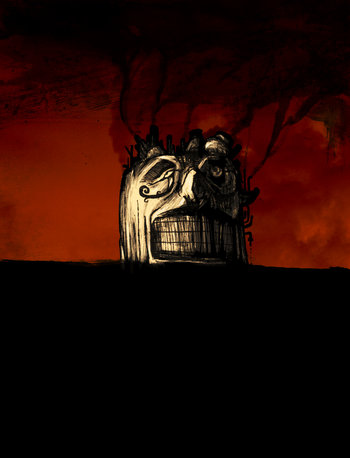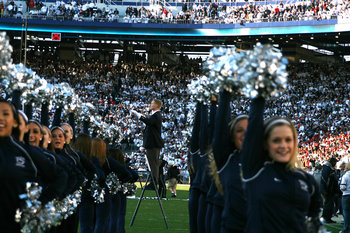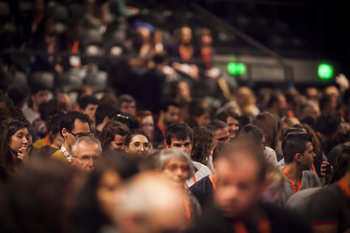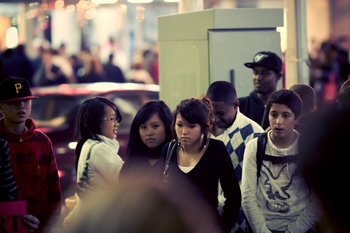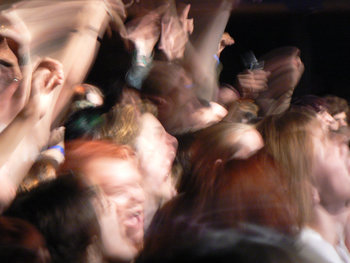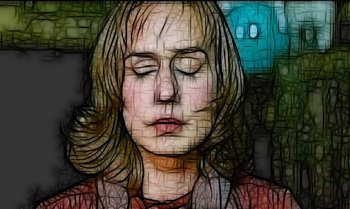
Marxism
Marxist academic traditions portray all social behavior in a capitalist system as a struggle for power. This is perfectly designed to criticize capitalist societies. In this context, Marxism is presented as the solution to the struggle for power as a state would own all capital and enforce absolute equality whereby no one is allowed to thrive more than anyone else. In other words, Marxism eliminates the struggle for power by taking all power for the state. In practice, this simply shifts the struggle for power to the bureaucratic structure of the state. This resembles a society run by a single monopoly.Cooperative Stress
A power struggle is not required to create social conflict as cooperation can be difficult and stressful despite good intentions. For example, a married couple that find it difficult to get along despite cooperative and kind intentions on both sides.Restoration of Trust
Life is more than a struggle for power such that people trust each other, cooperate and exhibit a large number of positive social behaviors. This isn't always easy and such processes can easily break down. In this case, social conflict is often an attempt to get back to the positive mode of things. For example, if a friend gossips about you you may confront them in order to try to get an apology and have them stop this behavior.Norms
Cultures develop informal rules known as norms that help to avoid social conflict. Where these are violated, social conflict may ensure. For example, if it is a norm to be quiet late at night in a neighborhood, a late night party may generate social conflict between neighbors.Cultural Competence
Cultural competence is the ability to get along with people without shared norms. Where this fails, social conflict can occur. For example, a local who can't get along with tourists and vice versa.Intolerance & Exclusion
People may treat each other badly based on cognitive biases such as a unfair stereotype about people based on their identity.Respect
People care about how others view them and treat them. This behavior can be described as demanding respect. For example, if one person insults another this is disrespect that is likely to cause social conflict. Amazingly, this can occur between strangers whereby perceived disrespect such as a dirty look can trigger social conflict.Social Status
Social status is the respect that an individual enjoys from others. People are strongly motivated to obtain social status and this can be a source of conflict. For example, an individual who exaggerates themselves to try to impress others who is called out for their self-promotion or overstatements.Competition
People compete for resources, respect and social relationships. Humans naturally thrive in competition -- so much so that they simulate it in play, video games and sport. As such, competition doesn't necessarily create social conflict. In fact, it is possible to develop respect for an adversary or a sense of comradery with them. Where there is some perceived unfairness in competition, social conflict can ensure.Disgruntled Behavior
Individuals may easily blame others for their problems and act out based on these emotions.Self-Control
Social interaction can quickly generate powerful emotions. Self-control is the ability to manage these to act in some reasonable way. Where this breaks down, social conflict is likely.Negative Assumptions
Social interactions involve a great number of unknowns as it is often impossible to read the motivation, position, perspective, intentions, thoughts and actions of others. Social conflict can result from the habit of making negative assumptions where there is ambiguity. For example, assuming a late friend doesn't respect your time as opposed to making a positive assumption such as assuming they have run into a problem such as a late train.| Overview: Social Conflict | ||
Type | ||
Definition (1) | A negative social interaction or relationship. | |
Definition (Marxism) | The struggle for agency or power in [capitalist] society. | |
Related Concepts | ||

